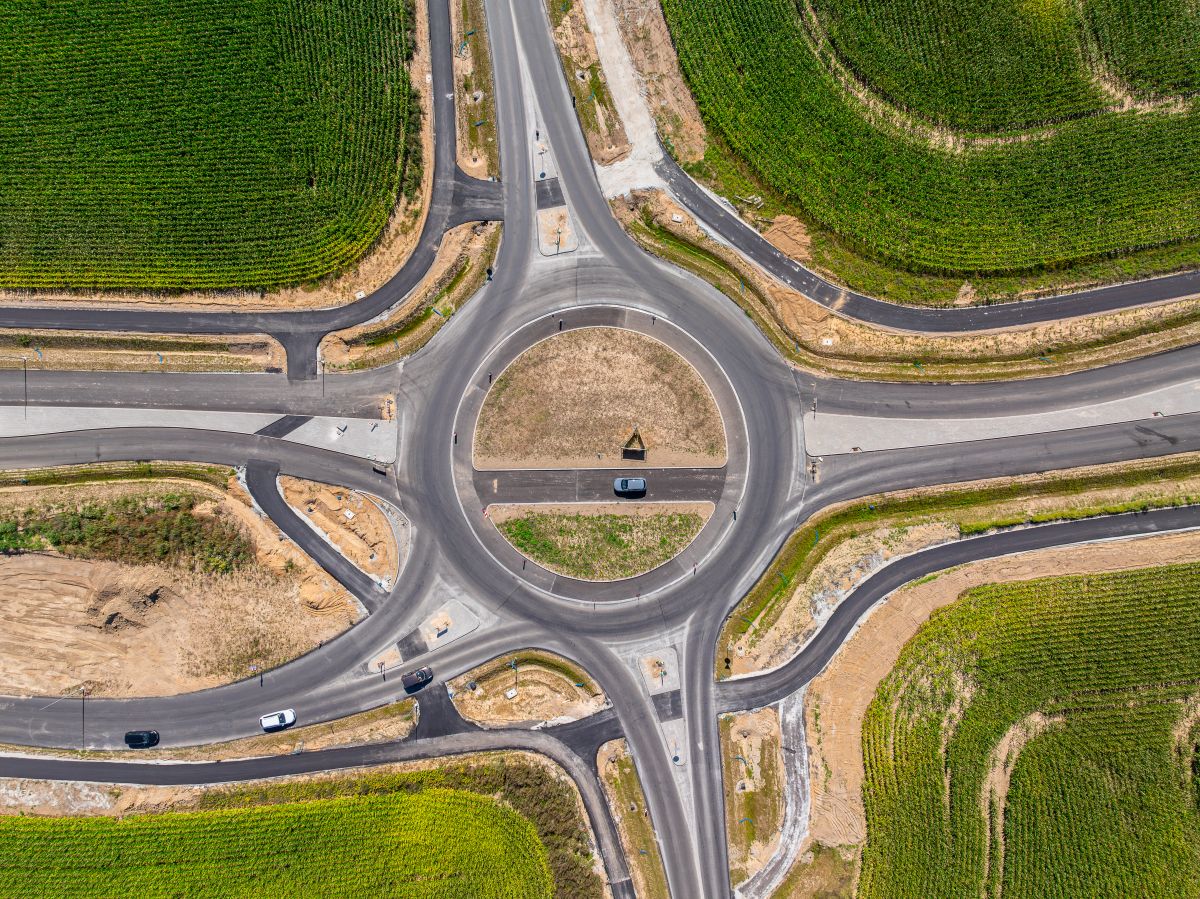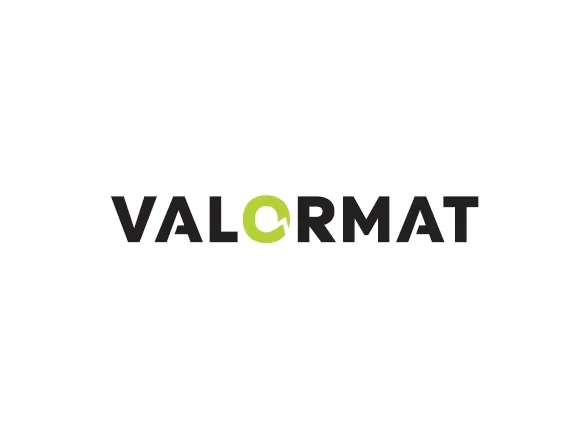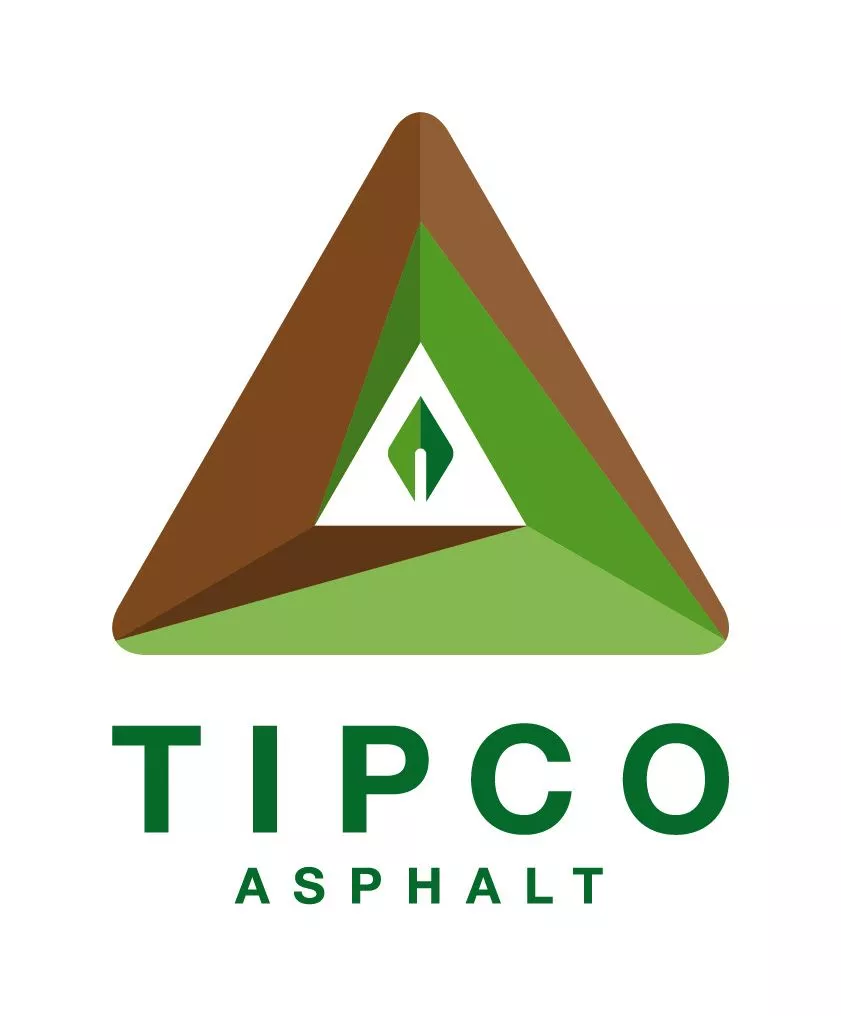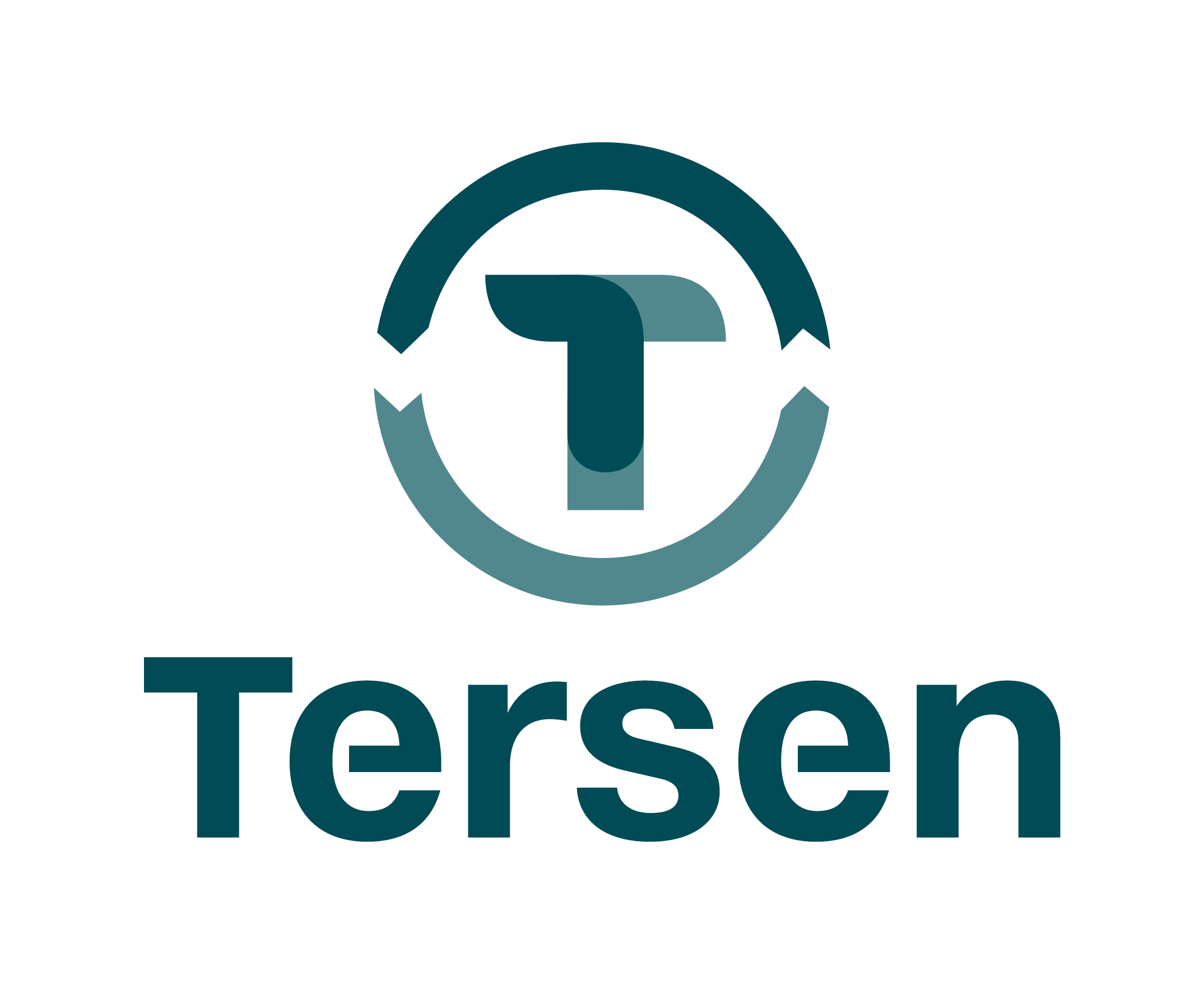Colas ouvre la voie vers un monde plus responsable !
Colas, filiale du groupe Bouygues, conçoit, construit et entretient des infrastructures de transport et des aménagements durables dans le monde entier.

Découvrez nos offres et rejoignez l’aventure Colas
Parce que de notre capital humain dépend notre avenir, Colas s’engage et s’appuie sur l’excellence managériale pour attirer, développer et retenir les talents afin qu’ils atteignent leur plein potentiel tout au long de leur carrière.


































